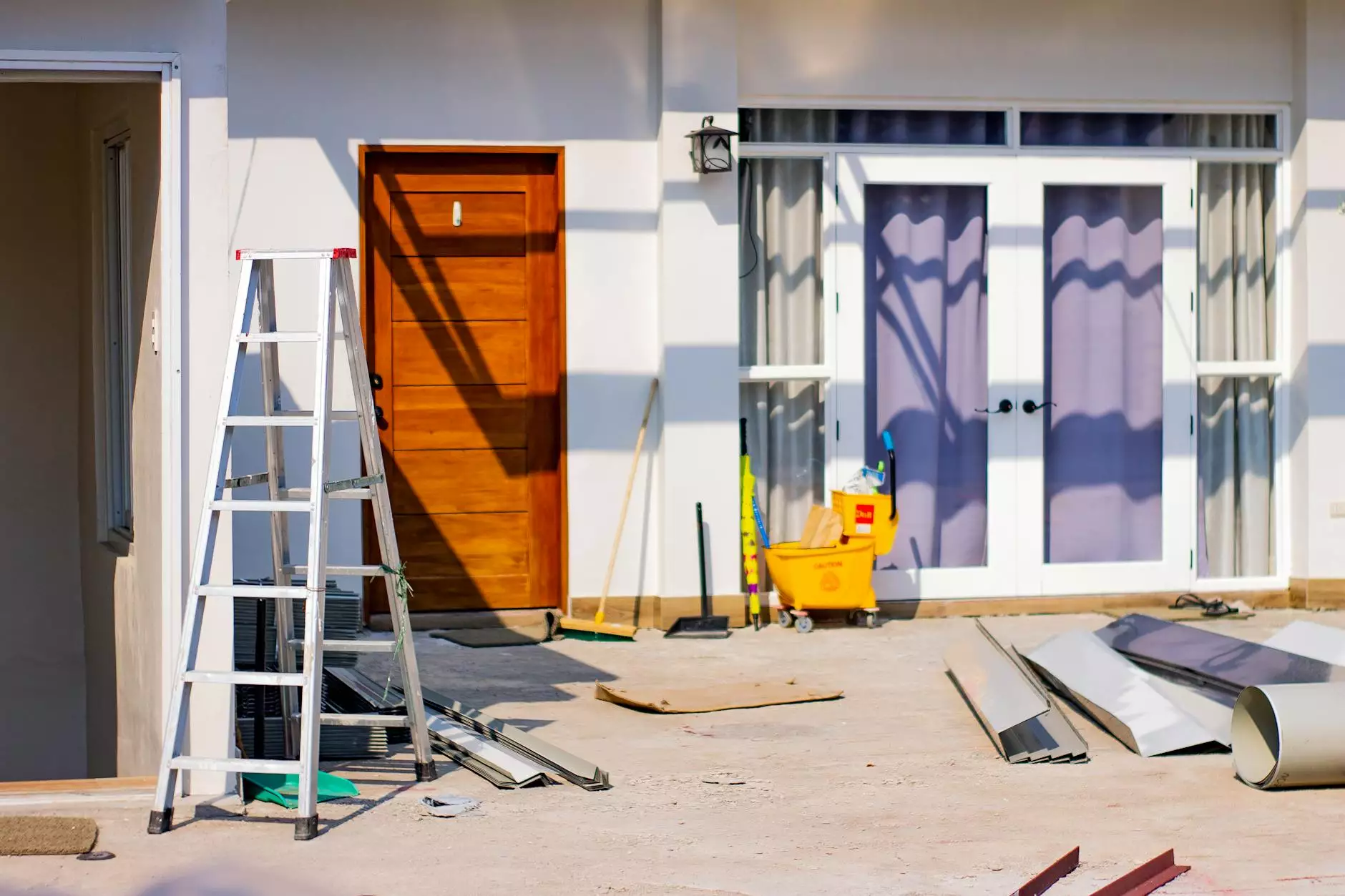The Comprehensive Guide to **Digital Lock Prices**

In today's rapidly evolving world of security technology, digital locks have emerged as a transformative solution for both residential and commercial properties. As more individuals and businesses invest in advanced security measures, understanding the factors that influence digital lock prices becomes essential. This guide will delve into the components of digital locks, the factors affecting their costs, comparisons to traditional locking systems, and recommendations for choosing the right system for your needs.
Understanding Digital Locks
Digital locks utilize electronic components rather than traditional keys to provide security. They come in various forms, such as keypad entry, biometric locks, and smart locks that connect to your smartphone or home automation systems. The digital lock price can vary widely based on the technology and functionality.
Types of Digital Locks
- Keypad Entry Locks: Require a numerical code to unlock.
- Smart Locks: Allow access via smartphones or smart home systems.
- Biometric Locks: Use fingerprint recognition for secure access.
- Remote Controlled Locks: Open and close via remote key fob.
Factors Affecting Digital Lock Prices
The cost of digital locks can vary significantly based on several key factors. Understanding these can help you make better purchasing decisions and budget accordingly.
1. Technology Type
The type of technology implemented directly influences the digital lock price. For example, simple keypad locks typically cost less compared to advanced biometric systems, which require more complex components and programming.
2. Brand Reputation
Brand recognition plays a vital role in pricing. Well-known brands often command higher prices due to their established reputation for quality and reliability. Investing in reputable brands can also provide better warranty options and customer support.
3. Features and Functionalities
Locks equipped with additional features such as built-in alarms, auto-locking mechanisms, remote access capabilities, and integration with home automation systems will generally be more expensive. Always consider which features are essential for your needs.
4. Installation Costs
While some digital locks are easy to install, requiring no professional help, others may necessitate expert installation, which can add to the overall cost. Factors like door type, lock placement, and existing hardware can influence installation pricing.
The Average Digital Lock Price
On average, you can expect to pay:
- Basic Keypad Locks: $50 - $150
- Mid-Range Smart Locks: $150 - $300
- High-End Biometric Locks: $300 - $600
While the initial investment in a digital lock may seem steep, many individuals find that these systems offer long-term savings through enhanced security and reduced risk of theft.
Comparing Digital Locks to Traditional Locks
Digital locks provide numerous advantages over traditional locking systems. Here are some factors to consider when comparing the two:
1. Security
Digital locks significantly reduce the risk of unauthorized access. Unlike traditional keys that can be easily duplicated, digital locks offer unique access codes, biometric features, or smartphone integration, which enhance overall security.
2. Convenience
With digital locks, you no longer need to carry an array of keys or worry about forgetting them. Many digital locks allow for keyless entry, providing quick and efficient access. For businesses, this can streamline operations and eliminate the hassle of managing physical keys.
3. Monitoring and Control
Smart locks often come with monitoring capabilities, allowing you to track entry and exit times, manage user access, and receive alerts for unauthorized access attempts. This level of control is often unmatched by traditional lock systems.
Choosing the Right Digital Lock for Your Needs
When selecting a digital lock, consider the following:
1. Assess Your Security Needs
Determine how much security you require for your property. Areas with higher crime rates may benefit from more advanced systems with robust features, whereas a less vulnerable location might only need basic digital locks.
2. Budgeting for Your Purchase
Set a budget that considers both the digital lock price and any potential installation costs. It's essential to strike a balance between affordability and security needs.
3. Read Reviews and Testimonials
Research various brands and models to understand users' experiences. Look for reliable reviews that address performance, durability, and customer service aspects.
4. Check for Warranty and Support
Ensure that your chosen product comes with a warranty and strong customer support in case of malfunction or issues.
Conclusion
Investing in a digital lock is a proactive step towards enhancing the security of your home or business. By understanding the myriad factors influencing digital lock prices, you can make an informed decision that aligns with your security requirements and budget constraints. Whether you opt for a simple keypad lock or a sophisticated biometric system, the most important thing is to choose a product that offers both security and convenience.
For those interested in a reliable provider of key and locksmith services as well as hardware stores, head over to kaukaban.com for expert guidance and high-quality products that cater to your security needs.









